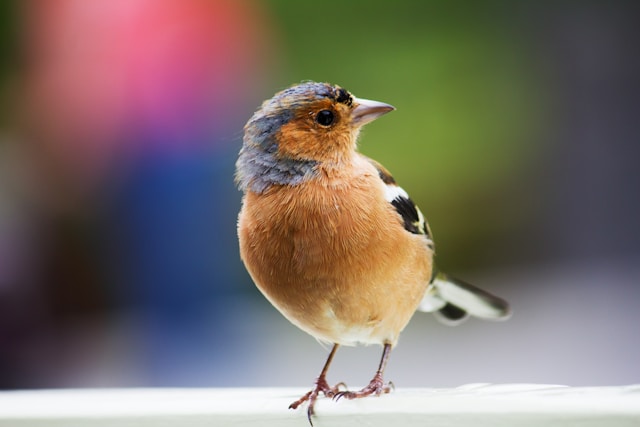Introduction
Birdwatching is a cherished pastime that connects enthusiasts with the natural world, particularly in New Zealand, renowned for its diverse avian species and pristine habitats. However, with this privilege comes the responsibility to uphold ethical standards that prioritize the well-being of birds and their environments. Understanding and practicing birdwatching ethics ensures that both current and future generations can continue to enjoy and study these magnificent creatures without causing harm.
Respect for Wildlife
Central to birdwatching ethics is the principle of respecting wildlife. This involves maintaining a safe distance from birds to avoid disturbing their natural behaviors, especially during critical times such as nesting or feeding. Using binoculars and telephoto lenses allows observers to appreciate birds up close without encroaching on their space. Additionally, refraining from making loud noises or sudden movements minimizes stress and disruption to avian communities.
Protecting Habitats
Preserving habitats is equally vital in birdwatching ethics. Many bird species in New Zealand rely on specific ecosystems, such as wetlands, forests, and coastal areas, for nesting, feeding, and shelter. Birdwatchers can contribute to habitat conservation by staying on designated trails and respecting area closures to prevent habitat degradation and disturbance to sensitive species. Participating in habitat restoration projects and supporting conservation efforts also ensures that these environments remain viable for future generations of birds.
Educational Engagement
Ethical birdwatching includes fostering a deeper understanding of avian biology and conservation among enthusiasts. Sharing knowledge about bird behaviors, migration patterns, and ecological roles encourages appreciation and respect for birds and their habitats. Promoting responsible birdwatching practices through workshops, guided tours, and online platforms helps cultivate a community committed to ethical wildlife observation and conservation.
Photography and Documentation
Photography is a powerful tool in birdwatching but must be approached responsibly. Photographers should prioritize the welfare of birds by using non-intrusive equipment and techniques, respecting restricted areas, and avoiding prolonged disturbance. Capturing natural behaviors without altering the environment or endangering birds ensures that photography contributes positively to conservation efforts and public awareness.
Contributing to Conservation
Ethical birdwatching extends beyond personal conduct to active participation in conservation initiatives. Supporting local conservation organizations, volunteering for bird surveys, and advocating for wildlife-friendly policies amplify efforts to protect habitats and species. By aligning birdwatching activities with conservation goals, enthusiasts play a crucial role in safeguarding New Zealand’s avian diversity for future generations.
Conclusion
Birdwatching ethics in New Zealand emphasize the importance of respecting wildlife, protecting habitats, promoting education, and contributing to conservation efforts. By adhering to these principles, birdwatchers not only enhance their own experiences but also safeguard the well-being of birds and their ecosystems. Upholding ethical standards ensures that the joy of observing New Zealand’s avian treasures remains sustainable and enriching for years to come.
